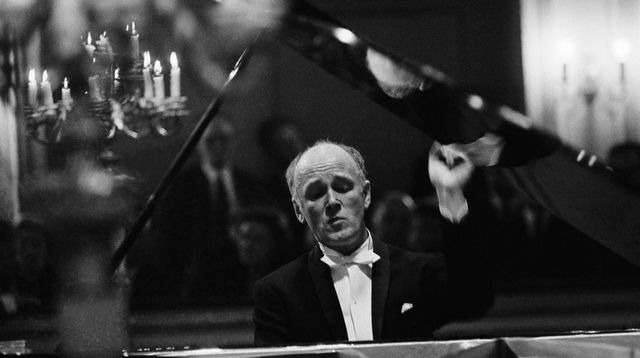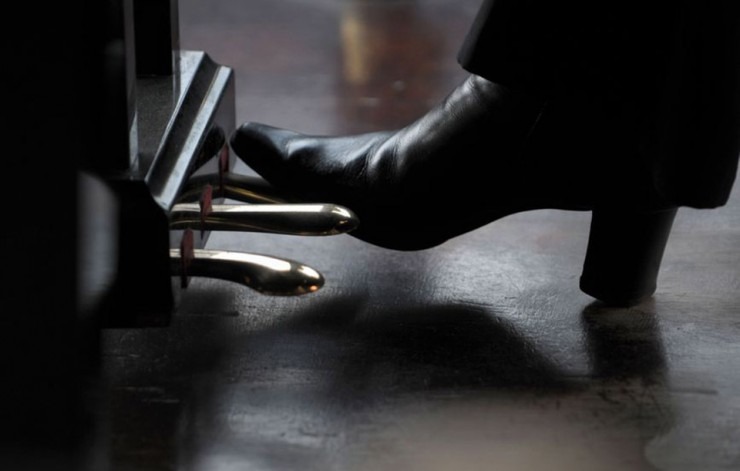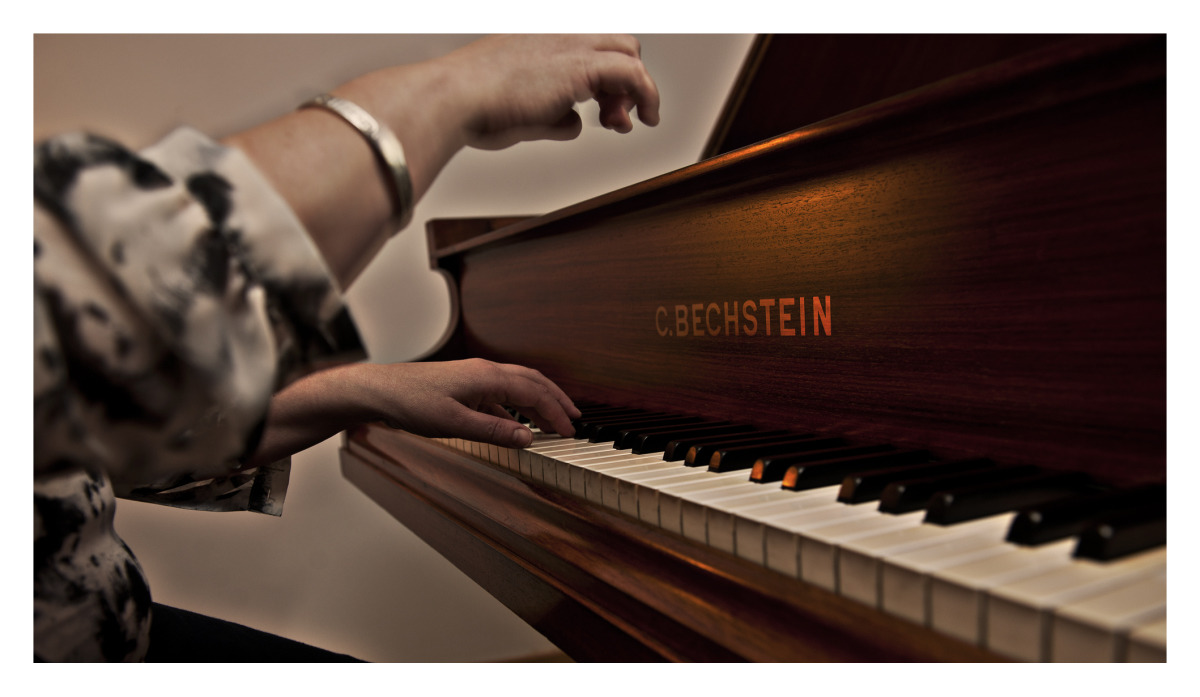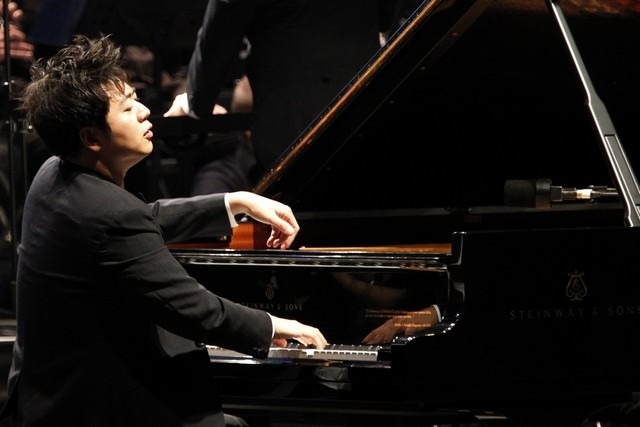I have a theory that we should spend at least a quarter of a century living with our music, studying it, absorbing it, and then only perform it when we are in our 40s or 50s. Unfortunately, this is not
Opinion
“Marginal Gain Learning” (MGL) is a training concept employed by the British cycling team which has reaped brilliant rewards, as their success in both the London and Rio Olympics has demonstrated. The concept was developed by the team’s coach Dave
It’s very hard to carve a career as a musician, never more so in today’s fast-paced, highly competitive and image-driven world. The changes in the industry are unparalleled in history and therefore so are our roles. Today it’s not enough
Whenever we have a thought or physical sensation thousands of neurons are triggered and get together to form a neural network in the brain. “Experience-dependent neuroplasticity” is the scientific term for this activity of continual creation and grouping of neuron
Going beyond the notes …a virtuoso was, originally, a highly accomplished musician, but by the nineteenth century the term had become restricted to performers, both vocal and instrumental, whose technical accomplishments were so pronounced as to dazzle the public. ‘Music
“The more I play, the more I am convinced the pedal is the soul of the pianoforte!” Arthur Rubinstein “….abusing the pedal is only a means of covering up a lack of technique, and that making a lot of noise
In my previous article on gesture, I talked about the physical gestures we can employ to influence and enhance the quality of our sound and how we can create certain effects at the piano, such as staccato, a rich cantabile
In the dimmed lights of the concert hall the pianist crouches, cat-like, over the piano. His hands swoop across the keyboard in a blur of movement, he sways maniacally from side to side before throwing back his head and raising








